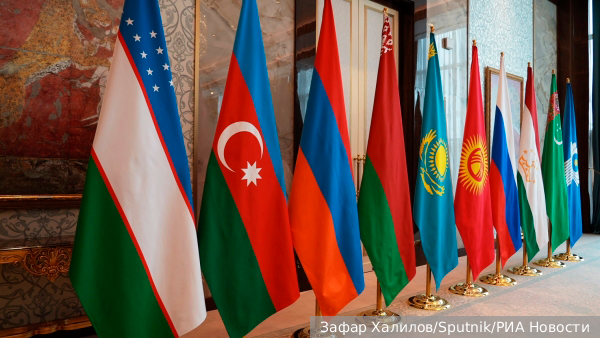
The strengthening of the SCO enhances Central Asian states global role
By Rhod Mackenzie
The Chinese Premier Li Qiang has arrived in Bishkek, Kyrgyzstan, to attend the 22nd meeting of the Council of Heads of Government of the Shanghai Cooperation Organisation (SCO) member states from 24 to 27 October. Founded in 2001, the SCO currently has nine members: China, Kazakhstan, Kyrgyzstan, Russia, Tajikistan, Uzbekistan, India, Pakistan and Iran.
The positive political and economic relations between China and Central Asia are noteworthy. On 19 May, the leaders of China and five Central Asian countries, namely Kazakhstan, Kyrgyzstan, Tajikistan, Turkmenistan and Uzbekistan, met in Xi'an, Shaanxi Province, for the first inaugural summit to further strengthen their friendship and commit to the principles of mutual assistance, common development, universal security and eternal friendship.
The parties agreed to deepen mutual trust and provide clear and firm support to each other on issues of sovereignty, independence, national dignity and long-term development. It marks a significant breakthrough in their relations and lays a solid foundation for future cooperation.
Economic relations between the two countries are also flourishing. For example, two-way trade and investment have increased significantly in recent years. Despite the downturn in the global economy, China's trade with the five Central Asian countries grew by 40 per cent year-on-year, reaching $70.2 billion in 2022. This figure is likely to be surpassed this year.
During the Bishkek meeting, the leaders will discuss the progress made in implementing the decisions taken at the 23rd SCO Summit. Delegations will focus on strategies and practical measures for cooperation in regional security, economy, trade, communications and people-to-people exchanges.
It is well known that the SCO is an increasingly important global player. But what does the future hold for the organisation and how important is the SCO for the development of Central Asia? When considering ways to strengthen organisations, the BRICS is a good example because of its similarities to the SCO. Both share the commonality of having China, Russia and India, the world's largest developing countries, as their backbone. At the same time, these organisations differ in their mandates, the most important of which is that the SCO is entrusted with the task of ensuring regional security.
As announced at the 15th BRICS Summit in August 2023, the member countries have invited six emerging economies - Argentina, Egypt, Ethiopia, Iran, Saudi Arabia and the United Arab Emirates - to join, and their full membership is expected to take effect on 1 January 2024.
Many analysts are now wondering whether the SCO will also expand. The SCO aims to ensure regional security, so potential new members are likely to be in or near Eurasia. This is evident from the list of countries affiliated to the organisation.
The SCO currently has three non-voting observer members - Mongolia, Belarus and Afghanistan. It also has 14 dialogue partners, including Turkey, Armenia, Azerbaijan, Qatar, Bahrain, Egypt, Saudi Arabia, Kuwait, Myanmar, the United Arab Emirates, Sri Lanka, Nepal, Cambodia and the Maldives. It is likely that several countries on this list will become full members of the SCO.
With Iran becoming a full member of the organisation this year, the possibility of Persian Gulf countries joining the SCO is becoming more realistic. Moreover, the recent improvement in relations between Iran and its Arab neighbours increases the possibility of their becoming full members of the SCO. If this happens, it will radically change the security architecture of the entire Middle East. A new powerful regional actor will emerge in the region, with views and priorities that differ from those of the West.
With the strengthening of the SCO and BRICS, there is a growing sense that developing countries are consolidating their power and seeking to shape their own futures. Many emerging economies are increasingly aware of their growing influence and are building mutual trust. Notably, they are not actively engaged in activities against Western-centric institutions.
The strengthening the role and influence of the SCO as a powerful and global international organisation will undoubtedly benefit the Central Asian states. As the organisation's authority grows, the importance of the countries as global players will increase significantly. Despite their limited economic and political power, their position as founding members of the SCO and their strategic location at the centre of Eurasia will increase their influence on global affairs.
